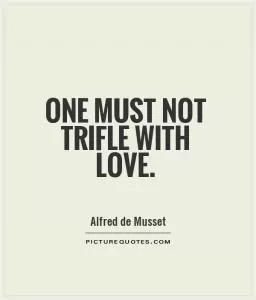How glorious it is - and also how painful - to be an exception

How glorious it is - and also how painful - to be an exception
Alfred de Musset, a prominent French poet and playwright of the 19th century, was no stranger to the complexities of being an exception. His works often explored themes of love, passion, and the human experience, delving into the depths of emotion and the struggles of individuality. Musset's own life was marked by a tumultuous love affair with the famous writer George Sand, which further exemplified the joys and pains of being an exception.To be an exception, as Musset understood it, is to stand out from the crowd, to be different, unique, and extraordinary. It is to defy societal norms and expectations, to challenge the status quo, and to forge one's own path in a world that often seeks conformity. In this sense, being an exception can be a source of great pride and satisfaction, a testament to one's strength, courage, and individuality.
However, being an exception can also be a source of great pain and loneliness. To be different is to be misunderstood, to be judged, and to be ostracized by those who do not understand or appreciate one's uniqueness. Musset himself struggled with feelings of isolation and alienation, grappling with the weight of his own exceptionalism and the toll it took on his relationships and his mental health.












 Friendship Quotes
Friendship Quotes Love Quotes
Love Quotes Life Quotes
Life Quotes Funny Quotes
Funny Quotes Motivational Quotes
Motivational Quotes Inspirational Quotes
Inspirational Quotes